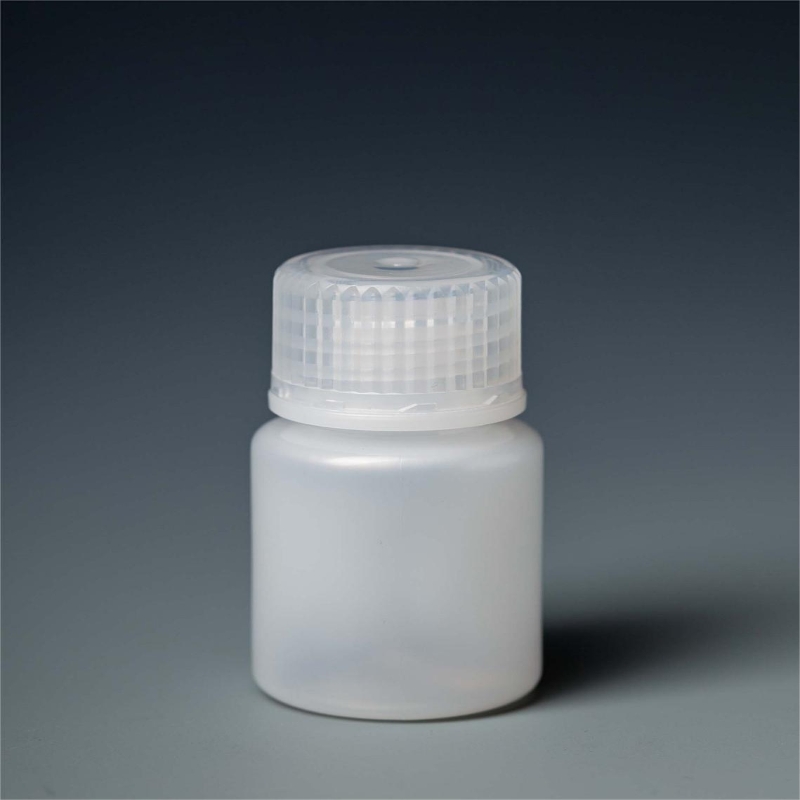-
Categories
-
Pharmaceutical Intermediates
-
Active Pharmaceutical Ingredients
-
Food Additives
- Industrial Coatings
- Agrochemicals
- Dyes and Pigments
- Surfactant
- Flavors and Fragrances
- Chemical Reagents
- Catalyst and Auxiliary
- Natural Products
- Inorganic Chemistry
-
Organic Chemistry
-
Biochemical Engineering
- Analytical Chemistry
-
Cosmetic Ingredient
- Water Treatment Chemical
-
Pharmaceutical Intermediates
Promotion
ECHEMI Mall
Wholesale
Weekly Price
Exhibition
News
-
Trade Service
Rapamycin is an organic compound that is widely used in the chemical industry.
It is a naturally occurring macrolide that is produced by the bacterium Streptomyeces rapamycinicus.
The compound has a wide range of applications in the chemical industry, including as an anti-cancer drug, as an immunosuppressant, and as a research tool in biotechnology.
One of the key applications of rapamycin in the chemical industry is as an anti-cancer drug.
The compound has been shown to have anti-tumor properties and is currently being studied as a potential treatment for a range of different types of cancer.
Rapamycin is thought to work by inhibiting the activity of a protein called mTOR, which is involved in cell growth and division.
By inhibiting mTOR, rapamycin can prevent cancer cells from dividing and growing, which can slow the progression of the disease.
In addition to its use as an anti-cancer drug, rapamycin is also used as an immunosuppressant.
The compound is used to prevent the rejection of transplanted organs and is commonly used in combination with other immunosuppressant drugs.
Rapamycin works by suppressing the activity of T cells, which are a type of white blood cell that play a key role in the immune system.
By suppressing the activity of T cells, rapamycin can prevent the body from rejecting a transplanted organ.
Rapamycin is also used as a research tool in biotechnology.
The compound is used to study a range of biological processes, including cell growth and division, and has been shown to have a number of other potential applications in the field.
For example, rapamycin has been used to extend the lifespan of simple organisms like yeast and to study the effects of aging on biological systems.
The upstream products of rapamycin are the raw materials and chemicals that are used to manufacture the compound.
These upstream products include the bacterium Streptomyeces rapamycinicus, which is used to produce the compound through fermentation, and the various chemical precursors and reagents that are used in the manufacturing process.
The downstream products of rapamycin are the products that are made using the compound.
These downstream products include anti-cancer drugs, immunosuppressants, and research tools such as reagents and kits for studying cell growth and division.
Rapamycin is also used in the production of a range of other chemical products, including food additives, fragrances, and cosmetics.
In conclusion, rapamycin is an important compound in the chemical industry, with a wide range of applications in the fields of pharmaceuticals, biotechnology, and materials science.
The compound is used as an anti-cancer drug, an immunosuppressant, and a research tool, and its upstream and downstream products include the bacterium Streptomyeces rapamycinicus, various chemical precursors and reagents, anti-cancer drugs, immunosuppressants, and research tools.







